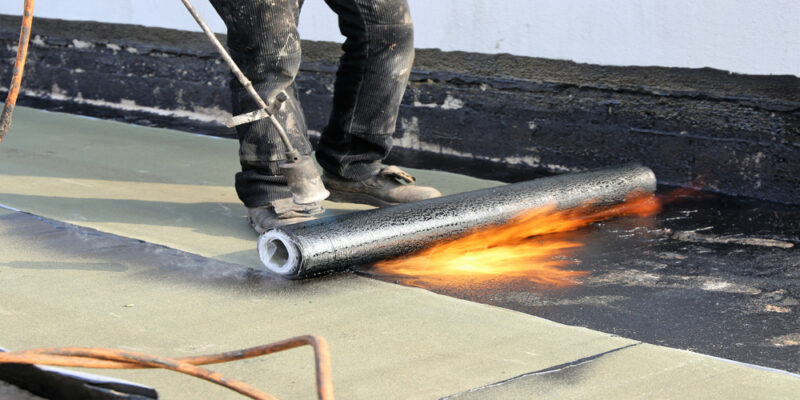
The Importance of Accurate Record Keeping for Health & Safety at Work
In any workplace, the well-being and safety of employees should always be a top priority. Accurate record keeping plays a vital role in maintaining and improving health and safety standards within an organisation. By diligently documenting incidents, inspections, training, and other relevant information, employers can ensure a safe and healthy work environment for their employees. Let’s explore the importance of accurate record keeping in promoting health and safety at work.
1️⃣ Compliance with Regulations and Standards:
Accurate record keeping is essential for meeting legal obligations and complying with health and safety regulations. Governments and regulatory bodies often require organisations to maintain detailed records of incidents, risk assessments, safety training, and equipment maintenance. By keeping accurate records, employers can demonstrate their commitment to compliance and provide evidence of due diligence in the event of an inspection or audit.
2️⃣ Identifying Hasards and Risks:
Thorough record keeping enables employers to identify potential hasards and risks more effectively. Incident reports, near misses, and accident investigations provide valuable insights into the root causes of workplace incidents. By analysing these records, employers can identify patterns, areas of improvement, and implement preventive measures to mitigate future risks. Accurate records serve as a valuable resource for risk assessments and help in formulating targeted safety strategies.
3️⃣ Training and Competence Management:
Maintaining accurate records of employee training and competence is crucial for ensuring a skilled and knowledgeable workforce. Safety training records allow employers to track individual progress, identify skill gaps, and plan appropriate training interventions. These records also assist in scheduling refresher courses and certifications to maintain a high level of competency among employees. Accurate training records contribute to a safer work environment by ensuring that employees possess the necessary knowledge and skills to perform their tasks safely.
4️⃣ Evaluation and Improvement:
Accurate record keeping supports the continuous improvement of health and safety practices in the workplace. By analysing records of incidents, inspections, and audits, employers can identify trends, recurring issues, or systemic problems that require attention. Such analysis allows organisations to implement corrective actions and make informed decisions regarding resource allocation for safety improvement initiatives. Accurate records also facilitate the evaluation of the effectiveness of implemented safety measures over time.
5️⃣ Legal and Insurance Purposes:
In the unfortunate event of a workplace incident or accident, accurate records become crucial for legal and insurance purposes. Detailed records provide an objective account of the incident, including the circumstances, individuals involved, and actions taken. These records are often vital for insurance claims, investigations, and potential litigation. Inaccurate or incomplete records can lead to difficulties in defending the organisation’s position and may have serious legal and financial consequences.
6️⃣ Emergency Preparedness and Response:
Accurate record keeping is essential for effective emergency preparedness and response. In the event of an emergency, such as a fire, natural disaster, or medical crisis, having up-to-date records can help authorities and emergency responders assess the situation and take appropriate actions. These records can include evacuation plans, emergency contact information, safety equipment inventories, and employee medical records. Accurate and accessible records can significantly contribute to minimising injuries, facilitating emergency communication, and ensuring the swift and efficient response to critical situations.
7️⃣ Accountability and Transparency:
Accurate record keeping fosters accountability and transparency within an organisation. When employees and management are aware that their actions are being documented, it promotes a culture of responsibility and encourages adherence to health and safety protocols. Accurate records provide a clear trail of actions taken, decisions made, and responsibilities assigned, making it easier to hold individuals accountable for their actions. Transparency in record keeping also helps build trust between employees and management, as it demonstrates a commitment to the well-being and safety of the workforce.
8️⃣ Benchmarking and Best Practices:
Accurate record keeping allows organisations to benchmark their health and safety performance against industry standards and best practices. By comparing their records with industry benchmarks, organisations can identify areas where they may be falling behind or excelling in terms of safety. This information can then be used to develop strategies to improve and align with recognised best practices. Accurate records provide a baseline for measuring progress and tracking the effectiveness of implemented safety initiatives.
9️⃣ Communication and Collaboration:
Accurate record keeping promotes effective communication and collaboration among various stakeholders involved in health and safety management. Sharing and exchanging information based on accurate records helps in coordinating efforts, identifying shared challenges, and implementing consistent safety measures across departments or teams. Accurate records facilitate discussions, meetings, and decision-making processes by providing reliable data and historical context to support informed conversations.
🔟 Culture of Continuous Improvement:
Maintaining accurate records cultivates a culture of continuous improvement in health and safety practices. Organisations can use records as a foundation for setting performance targets, establishing safety goals, and implementing improvement plans. By regularly reviewing records, analysing trends, and seeking feedback from employees, organisations can proactively identify opportunities for enhancing health and safety standards, policies, and procedures. Accurate record keeping supports the cyclical process of planning, implementing, evaluating, and adjusting safety initiatives to drive ongoing improvement.
Accurate record keeping is an indispensable aspect of promoting health and safety at work. It enables compliance with regulations, identifies hasards and risks, manages training and competence, supports evaluation and improvement, ensures legal and insurance compliance, facilitates emergency preparedness, fosters accountability and transparency, facilitates benchmarking, enhances communication and collaboration, and fosters a culture of continuous improvement.
By recognising the significance of accurate record keeping, organisations can prioritise the well-being of their employees and create safer and healthier work environments.


